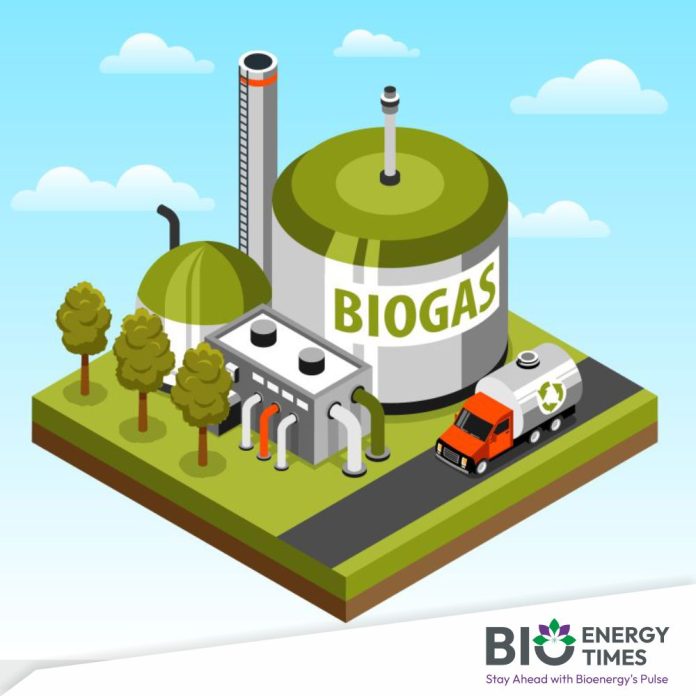On November 27, 2024, a biogas plant was officially opened at the New Wing Prison in Beau Bassin. Supported by the UNDP-GEF Small Grants Programme (SGP) and the Mauritius Research and Innovation Council (MRIC), the project is a collaborative effort by the Mauritius Prison Service, Association Kinouété, and the University of Mauritius. The plant aims to promote environmental sustainability and provide detainees with skills to support their rehabilitation and reintegration into society, reports UNDP.
The biogas plant was constructed with the active participation of prison officers and detainees, offering practical training opportunities. Four officers at the New Wing Prison have been trained to operate the facility and will now pass on their knowledge to 10 detainees working in the prison’s kitchen. Women detainees from the Women’s Prison will also receive training in maintaining the plant.
“This project equips inmates with valuable skills, reduces greenhouse gas emissions, and provides opportunities for meaningful reintegration into society,” said Pamela Bapoo-Dundoo, National Coordinator of the UNDP-GEF SGP.
The biogas plant processes 30 kilograms of organic waste daily, collected from the New Wing Prison, Beau Bassin Prison, Women’s Prison, Police Training School, and Brown Sequard Hospital. If needed, additional waste will be sourced from the Beau Bassin Market.
The biogas produced will power cooking at the prison, providing meals for 350 detainees three times a day. It is expected to meet half of the prison’s current cooking energy needs, reducing reliance on gas cylinders. A solar water heater supports the biogas production process, and advanced systems ensure the gas is safe and clean for use.
The plant also produces nutrient-rich sludge, which will be used in the prison’s agricultural initiatives to enhance food production.
According to Minister of Environment, Solid Waste Management, and Climate Change, Rajesh Bhagwan, the project holds much promise: “If implemented across Mauritius, this initiative could significantly reduce the amount of organic waste sent to landfills.
The biogas plant would symbolize the overall broader goals of innovative practices dealing with waste management and the creation of renewable energies for the rehabilitation purposes of prisoners. This project, which provides practical training and sustainable answers, will serve as an example that can be found in other institutions in the country of Mauritius contributing to a greener society.
To read more about Biogas Industry News continue reading Bioenergytimes.com















